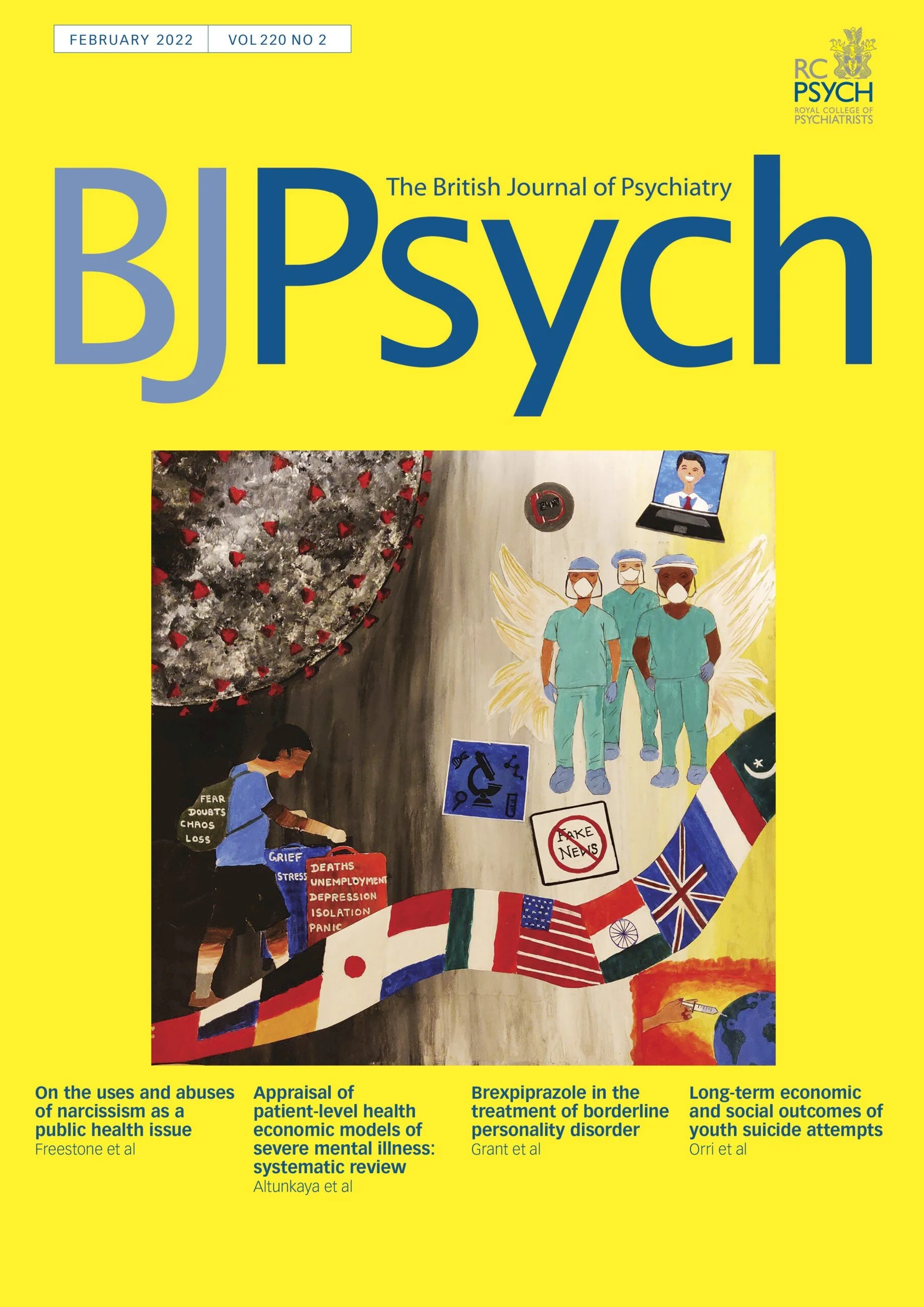February 2022
/Excerpt below from the February 2022 Kaleidoscope column in The British Journal of Psychiatry (BJPsych). You can read the full column for free here
Although awareness of the impact of adverse childhood experiences (ACEs) on individuals has been growing, quantifying their broader societal costs has perhaps been more challenging. Early life exposure to a range of significant trauma – from direct abuse, through neglect, to other forms of adversity – increases the likelihood of subsequent mental and physical illnesses, as well as social difficulties and harmful behaviours including school avoidance, smoking, drug consumption and juvenile offending. Previous work in the UK has shown that every additional ACE an individual has suffered leverages an approximate 10% penalty on their earnings and a 25% increased risk of welfare dependency and subjective poverty by retirement age. Hughes et al examined the international literature, calculating country-level ACE prevalence, population attributable fractions (PAFs) due to ACEs and estimates of financial costs. The largest impact in most countries was from interpersonal violence (accounting for from 15–54%), followed by harmful alcohol use, illicit drug use and increased anxiety. In terms of finances, harmful alcohol use, smoking and cancer had the highest ACE-attributable costs in many countries, accounting in total for between 1.1 and 6% of gross domestic productivity (with a median value of 2.6%). These non-communicable diseases produced greater financial strains, despite their lower PAFs, owing to their higher population burden. The impact of ACEs on individuals will be something familiar to most clinicians; the costs to nations have been under-researched. ACEs are not inevitable and with resource can be minimised. As well as the essential support that would provide to many individuals at risk, these data give succour to the argument that we literally cannot afford not to invest in prevention and better early life care.


